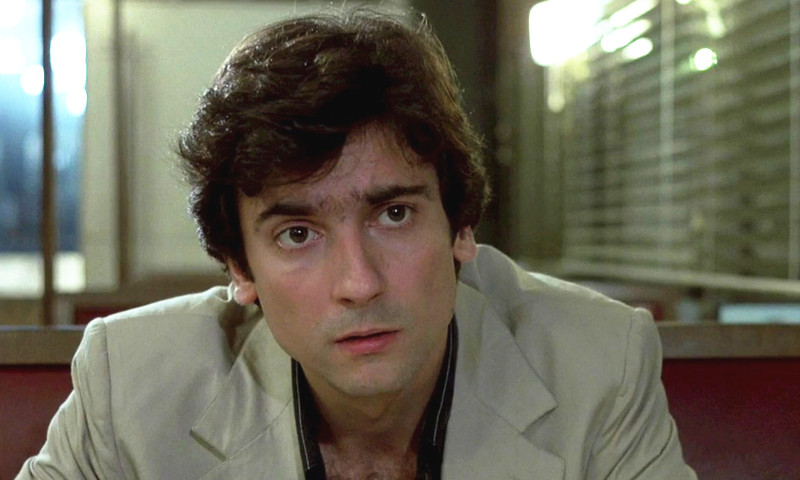
Perfectionist, slick, cerebral, visionary… Some would say he’s methodical to a fault, a certified workaholic whose films tread the narrow line between edgy pretentiousness and genius self-awareness. The jury is still out on him, but if there’s something certain with David Fincher is that with him you get the whole package, a thorough professional that’ll go the extra mile to put up the best movie he can possibly assemble and will never cater to anybody’s taste.
Fincher’s trajectory speaks for itself; a former visual effects producer who started out directing music videos and commercials before being forever worshipped for capturing the Millennials’ generational zeitgeist with a string of pop culture tentpoles (some of which have been painfully misunderstood at a thematic level by general audiences).
Fast forward to almost thirty years later, and Fincher might very well be the closest thing to a superstar we have left in the thriller genre today. Lately, he’s banked on his fame to branch out to television (Mindhunter) and artsy passion projects (Mank), but at his heart, David Fincher will always be remembered as one of the best to do it when it comes to nail-biting psychological thrillers. And as is the case with any worthy director to ever pick up a camera, his impressive body of work has been influenced by countless films that came before. With no further ado, let’s go through ten of Fincher’s all-time favorite thrillers.
1. All the President’s Men (1976)
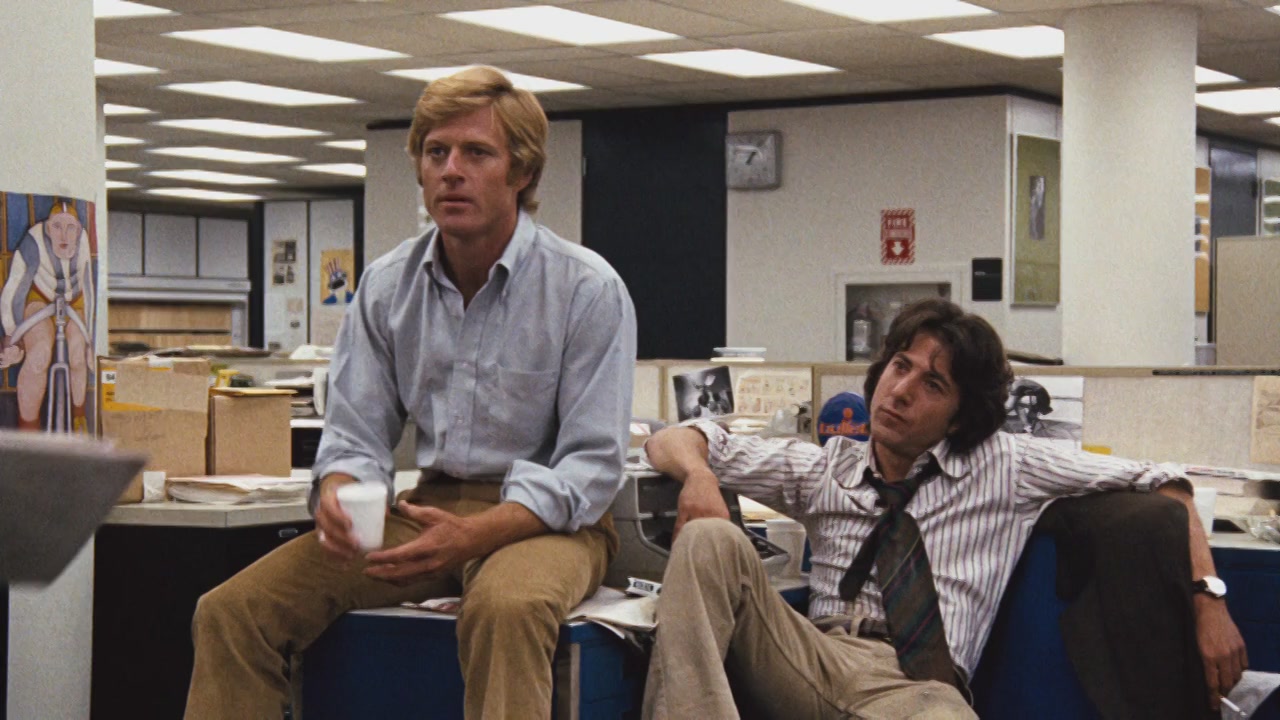
During a press tour in 2008, Fincher published a handwritten note featuring twenty-six of his all-time favorite movies. The list still resurfaces from time to time, and one movie that made the cut was this riveting thriller by Alan Pakula. All the President’s Men chronicles the Washington Post’s heroic investigation into Watergate, where Bob Woodward and Carl Bernstein uncovered a presidential scandal involving a whole array of higher-ups among the Nixon administration including the man himself.
Above all, what ties President’s Men to Zodiac and the rest of Fincher’s work is the unflinching search for truth that preoccupies and consumes its characters. Not only both movies share a similar period setting, but they weave through a gargantuan set of clues, moving pieces and detective work with surgical precision. Fincher loved President’s Men to the point that he reached out to David Shire, the composer for the movie, to score Zodiac.
During an interview, Fincher lamented that “there’s no time for character in movies anymore” with today’s movies sacrificing characterization in favor of plot development and pace. As a counter, he cited President’s Men as a script where “everything is character” and an example where even “five pages of two people in a car sipping coffee can offer a fascinating power dynamic where I can learn something about them”.
2. Incendies (2010)
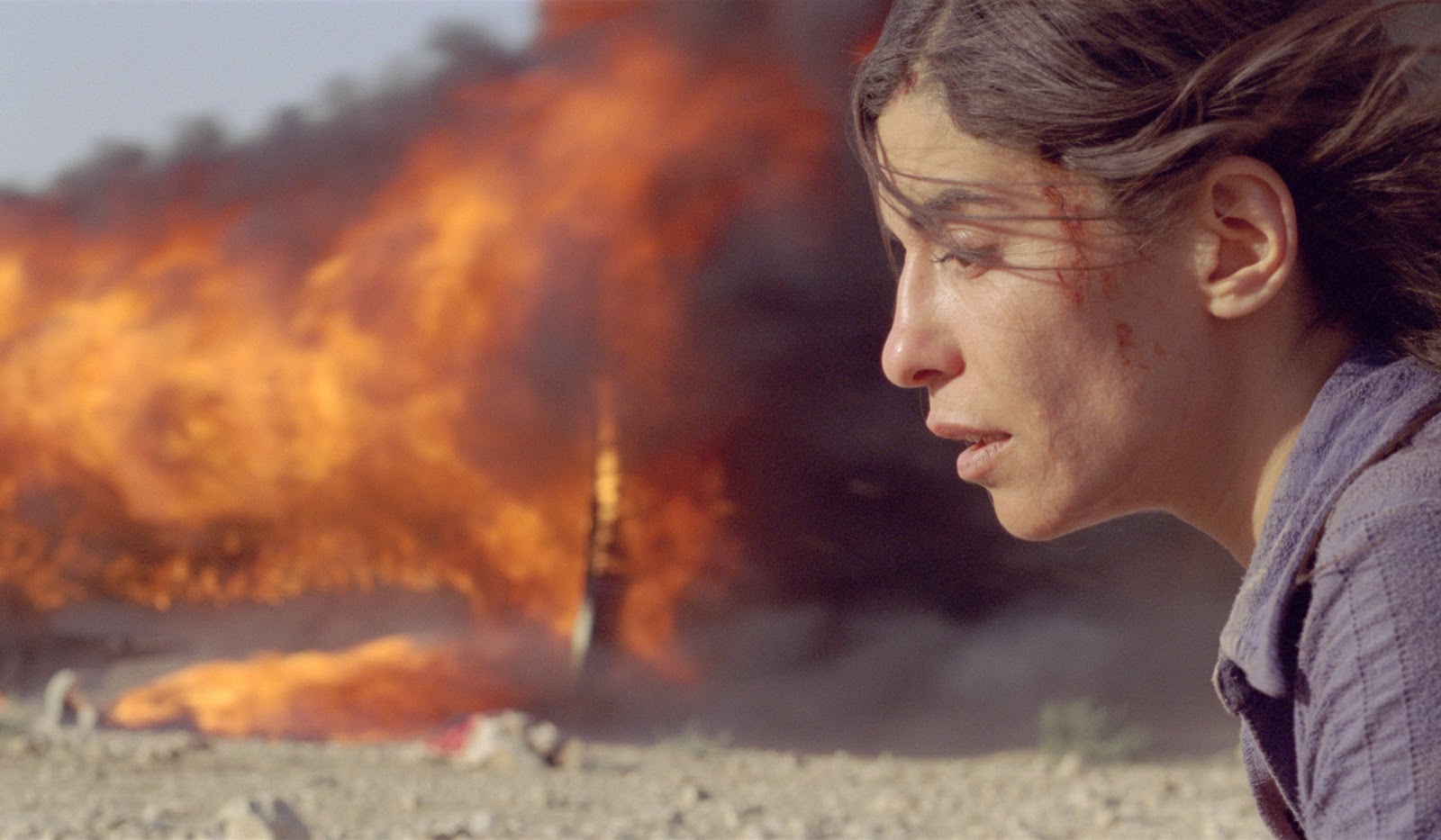
If you’re about to watch any of David Fincher’s thrillers, chances are it’s going to come with a healthy dose of nihilism. If there’s something that’s rather not negotiable when it comes to his films, it’s that Fincher is not a guy willing to bow down to his audience to try to please it. Happy resolutions and satisfying endings are something you shouldn’t hold out for in a director whose films are not for the faint of heart.
Similarly, Incendies is a movie that hits you like a freight train, an unflinching story about hate, civil war and broken families that’s especially unforgettable if you watch it going blind. When it comes to Denis Villeneuve everyone’s seen his latest hits, but this early French-speaking masterpiece is wrongly overlooked despite being his finest movie yet.
Incendies has a multilayered narrative with two main storylines, one follows a pair of twins embarking on a revelatory journey through the Middle East as they uncover their family roots, while the second recounts their late mother’s life and hardships through a set of flashbacks. Both eventually come together in a gut-wrenching climax that will stay with you long after you’ve finished with the movie.
3. Chinatown (1974)
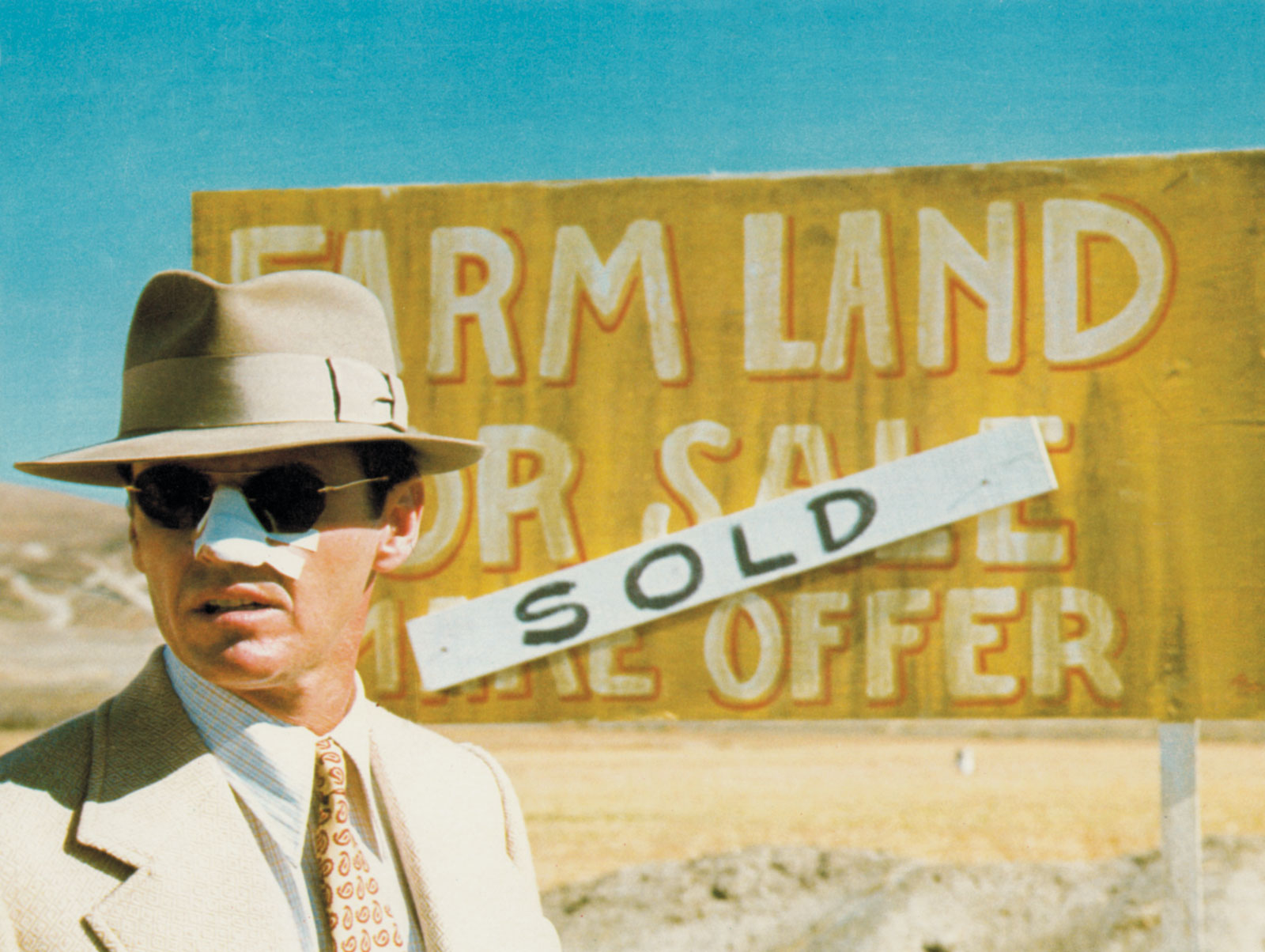
Nowadays, Fincher is deservedly hailed as the king of cynics given a lengthy body of work drenched in themes like narcissism, self-hatred, obsession and social alienation. But in the Hall of Fame of downer cinema, you’d be hard-pressed to find a more demoralizing study on the rotten corruption festering society than this Polanski’s classic.
During a recent interview, Fincher claimed he was plotting to make a limited series that stands as “sort of a prequel” to Chinatown and would revisit Jake Gittes’ past. As it happens, Fincher is a big fan of the film, not only featuring it among his top 26 of all time but also sitting down with Robert Towne (Chinatown’s writer) to talk about it in a commentary track for its new Blu-Ray release.
In their conversation, Fincher praised the visual motifs as being “unbelievably relentless and perfectly formulated”, admiring the shot structure and set design of the movie. He also gave props to the powerful script and most of the performances from Dunaway’s captivating presence as a ‘woman of mystery’ to Jack Nicholson’s in what he considers to be his defining role.
4. Caché (2005)
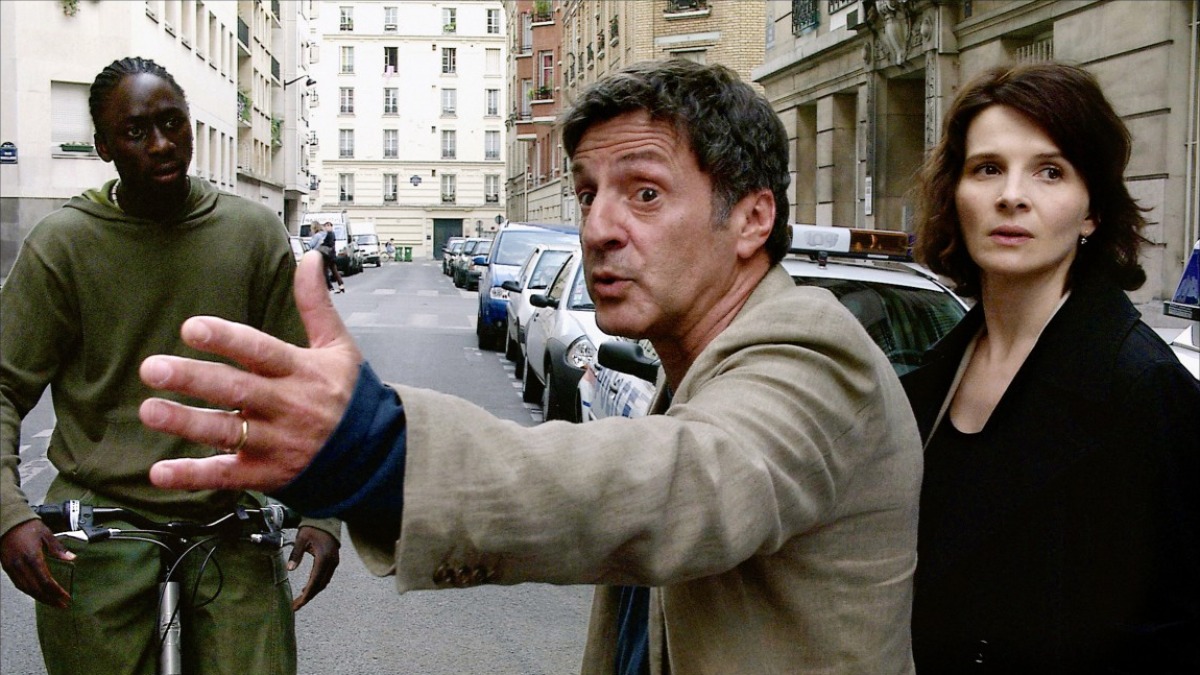
Movies like Fight Club became such a cultural hit at the turn of the millennium in no small part because they reflected a lot of the problems that’d been troubling a whole generation. Throughout the decades, countless fans have regrettably taken Fight Club quite literally, misjudging it as an endorsement for nihilist anarchism, anti-consumerism and unchecked uber-masculinity. Even though the movie was conceived as a slick satire to all of those principles, there’s no denying that it resonated with a big chunk of audiences by bringing up uncomfortable truths about contemporary urban malaise.
Caché is similar to Fight Club in that way, masking itself as a conventional, gritty thriller before showing its true colors as an iconoclastic tale of class warfare, guilt and race privilege. The movie follows a bourgeois middle-aged couple who’s suddenly triggered by uninvited videotape recordings of themselves planted in their front porch.
Just as Fincher’s cult classic, this movie by Michael Haneke is one begging for repeated viewings, one that can be appreciated at a surface level, but which is better enjoyed by peeling off its layered symbolism.
5. Rear Window (1954)
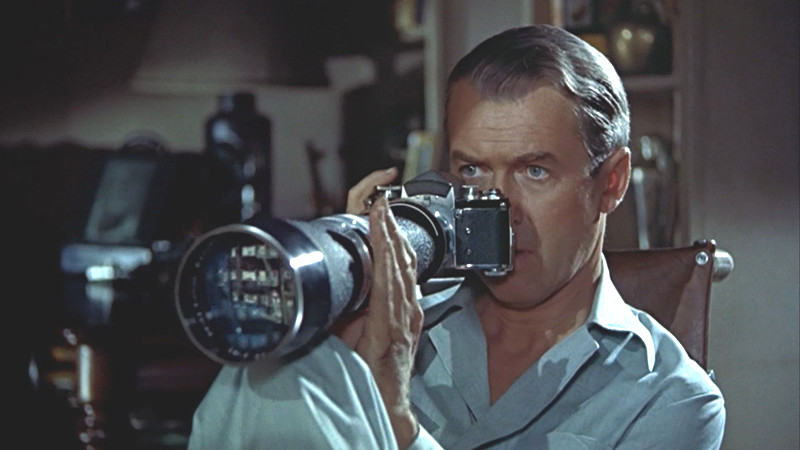
There’s no shortage of Hitchcock’s blueprint among David Fincher’s oeuvre. Take for example The Game, the film where he put his own twisted spin on A Christmas Carol, and one that undeniably owes a thing or two to Hitchcock’s Vertigo (including its San Francisco setting). It should come as no surprise that one generational talent was inspired by another, especially two that converge so much in style like Fincher and Hitchcock.
But if there’s one movie from the master of suspense that struck a chord with Fincher, that is Rear Window, his quintessential mystery thriller starring James Stewart as a handicapped photographer who unwittingly stumbles upon a murder.
During an interview, Fincher reminisced on the profound effect the movie had on him when he first watched it at the age of 9 with his father. He particularly pointed out the moment where he realized the dark deed done by the film’s murderer. As he puts it, “despite not knowing these people and what was going on, I was being led to this conclusion and thinking the same horrible thought that everyone else was thinking. Except I’m 9!”. If there were any doubts left about Fincher’s deep admiration for Rear Window, he would pay Hitchcock’s classic a tribute with his own claustrophobic domestic thriller in Panic Room.